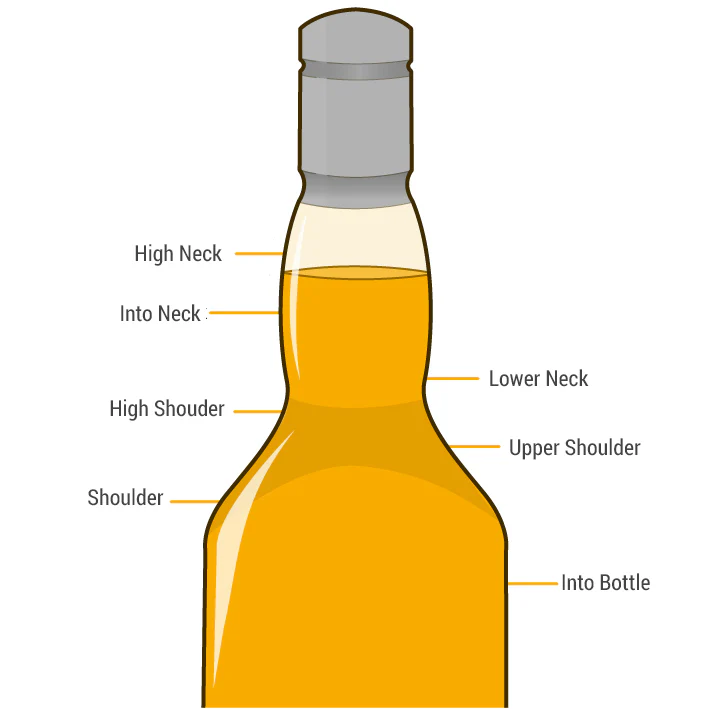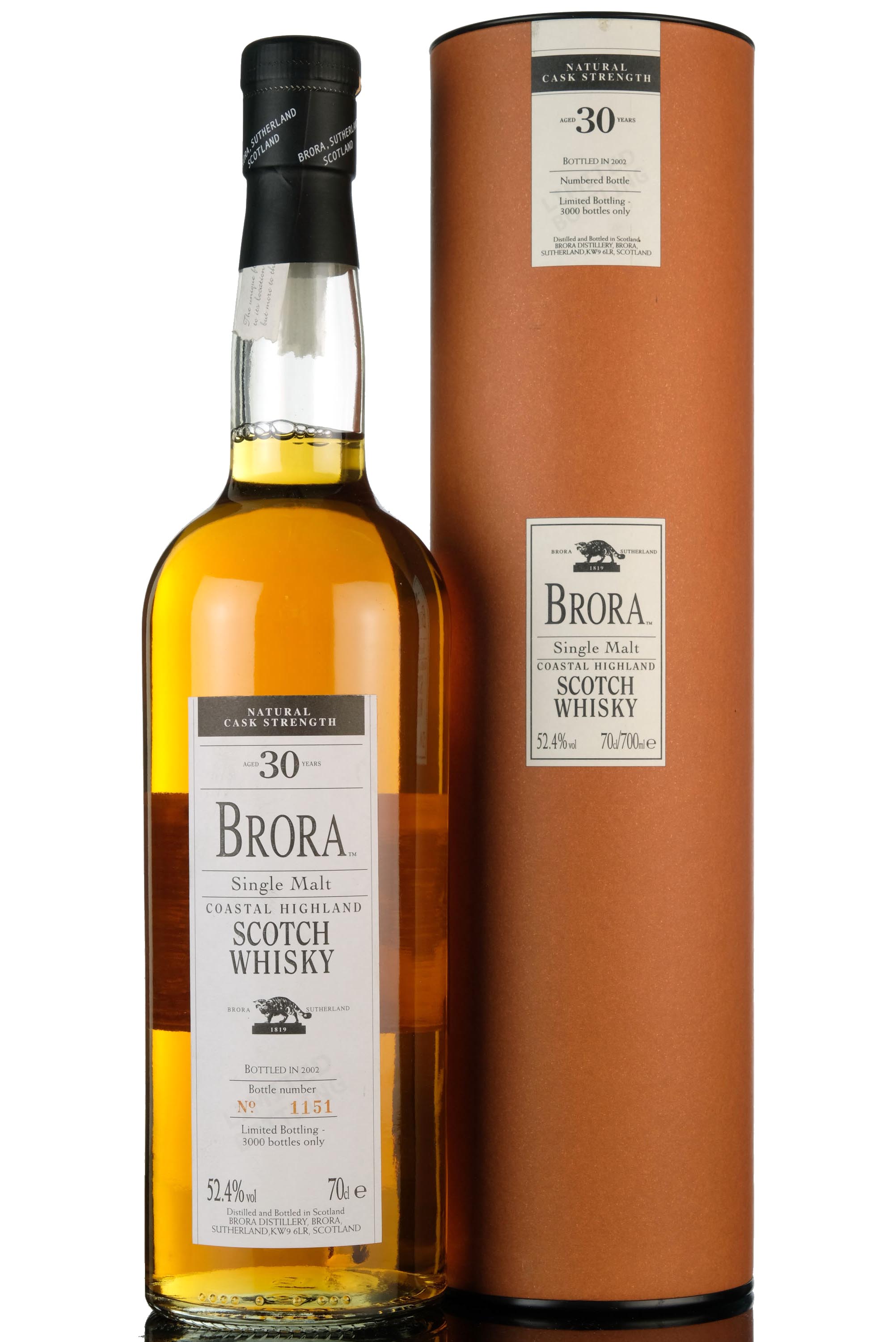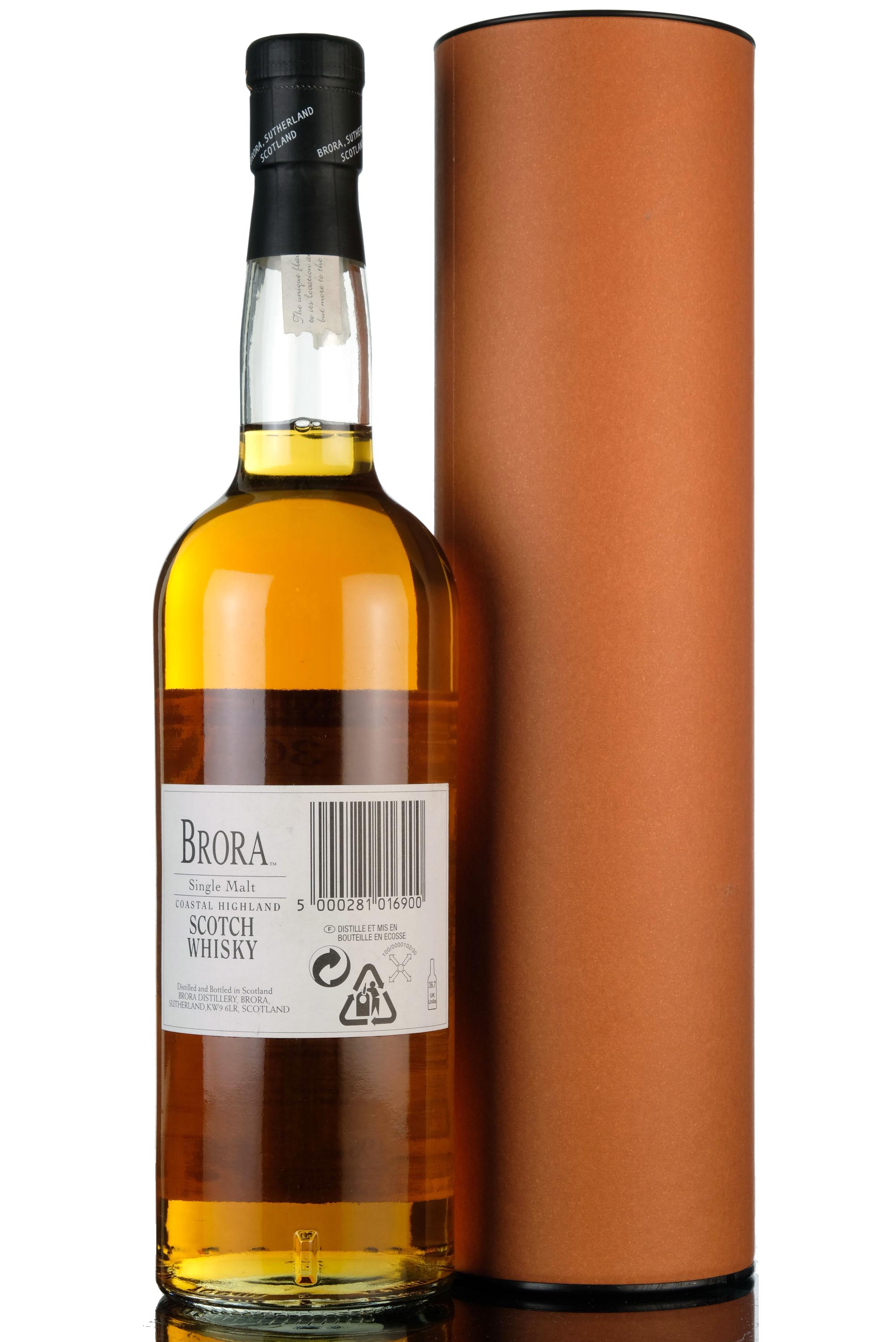End Date : Sep 15 2021 08:00 PM
We may have sold this bottle before. Click the graph below to view our sales history.
Brora 30 Year Old. Bottled by Diageo for their Special Releases 2002. One of 3,000 bottles. 70cl. 52.4%. The legendary Brora 30-year-old First Release was one of the standout bottlings of Diageo’s first full slate of Special Releases in 2002. The apex of the Highland peated whisky style, this would have been distilled no later than 1972, when ‘Old Clynelish’ had been recommissioned to make smokier whisky than before. A stunning melange of fruit, phenols and waxy minerality, with Brora’s trademark fat, oily texture underpinning a bewildering complexity at its cask strength of 52.4%. A desert island dram.
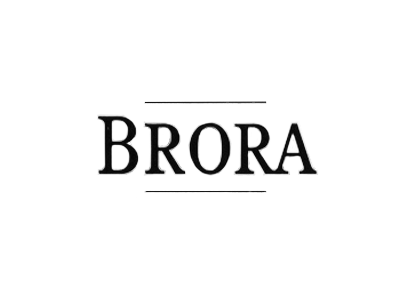
The distillery now called Brora was known as Clynelish for most of its working life, producing a remarkable coastal Highland style lightly peated whisky with an acclaimed waxy character. Clynelish’s success led owners DCL to build a second distillery on the site in 1967, which is the Clynelish we know today.
The original Clynelish closed briefly in 1968, but reopened the following year as Brora to make a more heavily peated malt whisky for blending purposes. Sadly the distillery was later deemed surplus to requirements and was closed in 1983. DCL’s successors Diageo announced plans to reopen Brora in 2017 and after a lengthy restoration distillation recommenced in 2021.
Any Clynelish whiskies pre-dating the 1970s are from the distillery now known as Brora, as are most if not all of the old Ainslie & Heilbron official 12-year-olds that continued into the early 1980s. The most famous modern era Brora bottlings are the 1990s Rare Malts Editions (particularly the 1972 vintages) and the Brora 30-year-olds from Diageo’s Special Releases.
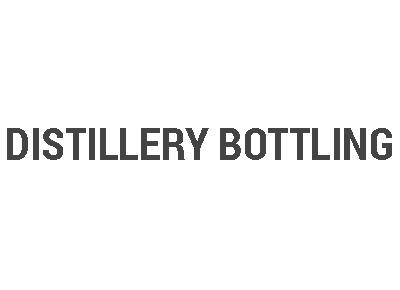
Distillery bottlings are, as the name suggests, bottled by or for the distillery from which the whisky has originated and are thus often referred to as Official Bottlings or OBs. Distillery bottlings are generally more desirable for collectors and usually fetch higher prices at auction than independent bottlings. They are officially-endorsed versions of the whisky from a particular distillery and are therefore considered the truest expression of the distillery’s character.
This ideal of the distillery character is regarded so seriously by the distilleries and brand owners that casks of whisky that are considered to vary too far from the archetype are frequently sold on to whisky brokers and independent bottlers. When this happens, it is often with the proviso that the distillery’s name is not allowed to be used when the cask is bottled for fear of diminishing or damaging the distillery’s character and status.
